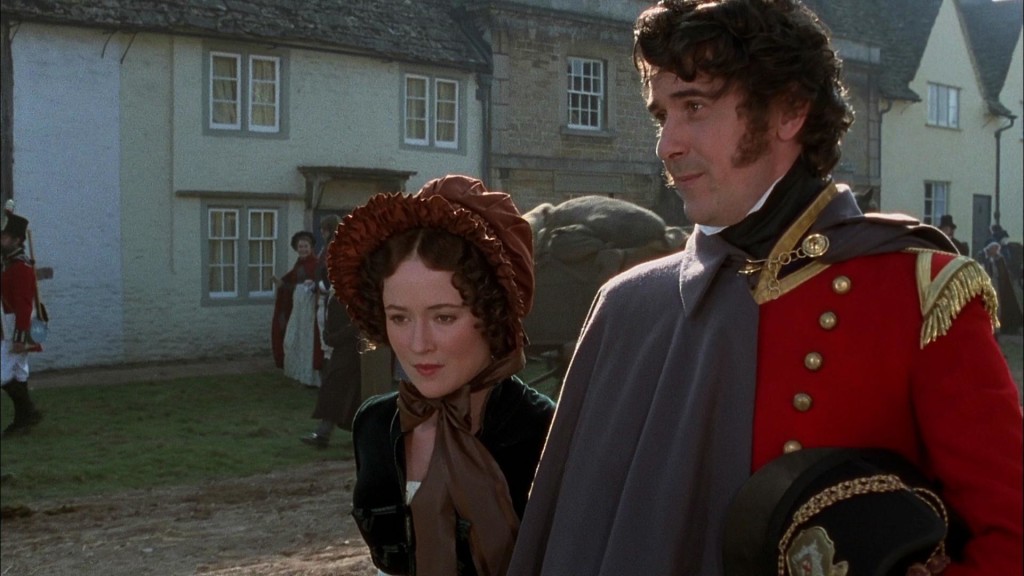I'm quite pleased to feature this piece from Mere Fidelity contributor Alastair Roberts today. You can follow him on Twitter here or read his personal blog here.
‘A Truth Universally Acknowledged…’
In a 1997 article on communal judgment in Pride and Prejudice, William Deresiewicz observed that Pride and Prejudice is, at first glance, an apparent exception to Austen’s practice of opening her novels by introducing a central character.(1) Indeed, Elizabeth Bennet’s character doesn’t truly come to the foreground until around the sixth chapter. Closer examination, however, reveals that there is a central character introduced at the beginning of the novel: the community, with its values, expectations, conventions, and practices. The opening sentence of the book—‘It is a truth universally acknowledged, that a single man in possession of a good fortune, must be in want of a wife’—is a ‘mock aphorism’, which is swiftly exposed to be nothing but a judgment that is ‘well fixed in the minds of the surrounding families’ of the neighbourhood. The earlier episodes of the story focus upon the neighbourhood of Meryton and its collective consciousness, which emerges as Mr Bingley and his friends move to Netherfield and become known to the community of the local gentry, most particularly in the opening ball. Deresiewicz remarks: ‘Elizabeth cannot appear until well into this initial story because it is that story—the story of how a community thinks, talks, exerts influence—that produces her plot, that produces her’ (504).
Login to read more
Sign in or create a free account to access Subscriber-only content.
